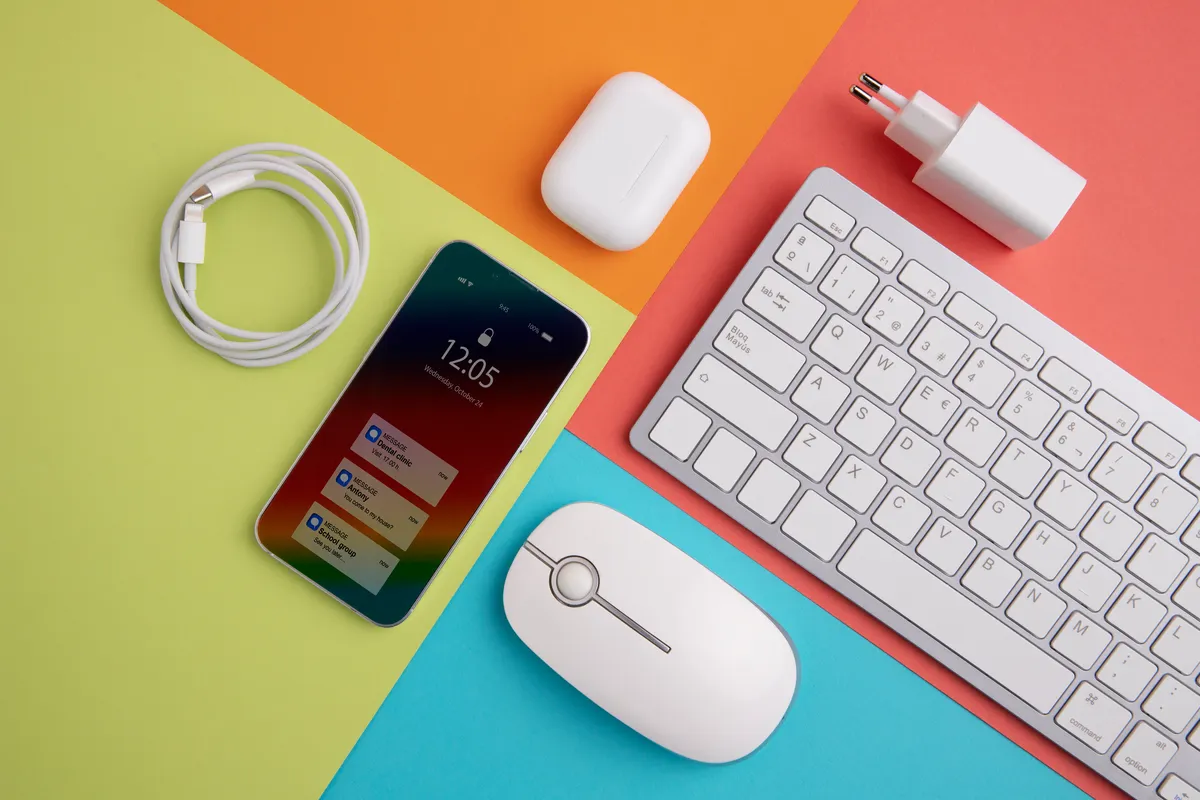Mobile computing has become an integral part of our daily lives, with smartphones and other devices serving as essential tools for communication, entertainment, and productivity. One company that has played a significant role in shaping the mobile computing landscape is Apple.
The Role of Apple in Shaping the Mobile Computing Landscape
Since the release of the first iPhone in 2007, Apple has introduced numerous innovations and set new standards for design and functionality in the mobile device market. From the touchscreen interface to the App Store to Siri, Apple’s contributions to mobile computing have been significant and far-reaching.
In this article, we’ll explore the role of Apple in shaping the mobile computing landscape, including its impact on the market, its innovations, and the challenges and opportunities that lie ahead.
Early Days of Mobile Computing
The early days of mobile computing can be traced back to the 1980s and 1990s, with the introduction of early handheld devices such as the Psion Organiser and the Apple Newton. These devices were basic by today’s standards, with limited functionality and no connectivity to the internet.
However, they were groundbreaking at the time, representing the first attempts to create portable, handheld computers that could be used on-the-go. The early days of mobile computing were marked by experimentation and innovation, as companies sought to develop devices that could offer greater convenience and mobility than traditional desktop computers.
While early devices faced limitations and challenges, they paved the way for the sophisticated and powerful mobile devices that we use today.
Apple’s Innovations in Mobile Computing
Apple has been at the forefront of mobile computing innovation, introducing several groundbreaking features and technologies that have influenced the design and functionality of other mobile devices.
Some of these innovations include:
- Introduction of the iPhone with a multi-touch screen interface
- The App Store, which revolutionized the way users could access and download apps
- Siri, a voice-activated personal assistant
- Face ID, facial recognition technology used for secure authentication
- A11 Bionic chip, a powerful and energy-efficient processor used in iPhones and iPads
- ARKit, a platform for developing augmented reality apps
- AirPods, wireless earbuds that connect seamlessly with Apple devices
- Apple Pay, a mobile payment service that allows users to pay with their iPhone or Apple Watch
- Continuity, which allows users to seamlessly switch between Apple devices
- Touch ID, fingerprint recognition technology used for secure authentication.
Apple’s Impact on the Mobile Computing Market
Apple’s impact on the mobile computing market has been significant. Its devices have set new design standards, captured a significant market share, and pushed the industry forward through innovations such as the touchscreen interface and the App Store. Apple’s success has also spurred competition in the market, driving innovation and improving the quality of mobile devices overall.
The Apple Ecosystem
- Seamless integration between Apple hardware, software, and services
- iCloud, which allows users to access and sync data across their Apple devices
- Continuity, which allows users to start a task on one Apple device and finish it on another
- AirDrop, a feature for wirelessly sharing files between Apple devices
- Handoff, which allows users to transfer an activity or task from one device to another
- Apple Music, a streaming service for music and podcasts
- Apple TV+, a streaming service for original TV shows and movies
- App Store, a centralized platform for downloading apps for Apple devices
- Apple Maps, a mapping and navigation service for iOS devices
- HomeKit, a platform for controlling smart home devices from Apple devices.
Apple’s Future in Mobile Computing
Apple’s future in mobile computing looks promising. The company is expected to continue introducing new features and technologies that push the boundaries of what is possible with mobile devices.
For example, Apple is rumored to be working on foldable iPhones, which would represent a significant departure from the traditional form factor of mobile devices. Additionally, Apple’s continued focus on privacy and security is likely to resonate with consumers who are increasingly concerned about data protection. The company’s strong brand and loyal user base are also likely to help it maintain a significant market share in the mobile device market.
Conclusion
In conclusion, Apple has played a significant role in shaping the mobile computing landscape through its innovations, impact on the market, and the development of its ecosystem. Apple’s innovations such as the touchscreen interface, App Store, and Siri have influenced the design and functionality of other devices, while its impact on the mobile device market has spurred competition and driven innovation across the industry.
Furthermore, Apple’s tightly integrated ecosystem, which includes its hardware, software, and services, has created a comprehensive and seamless user experience. Looking ahead, Apple’s future in mobile computing looks bright as the company is expected to continue introducing new features and technologies that push the boundaries of what is possible with mobile devices, while maintaining its focus on privacy and security.



